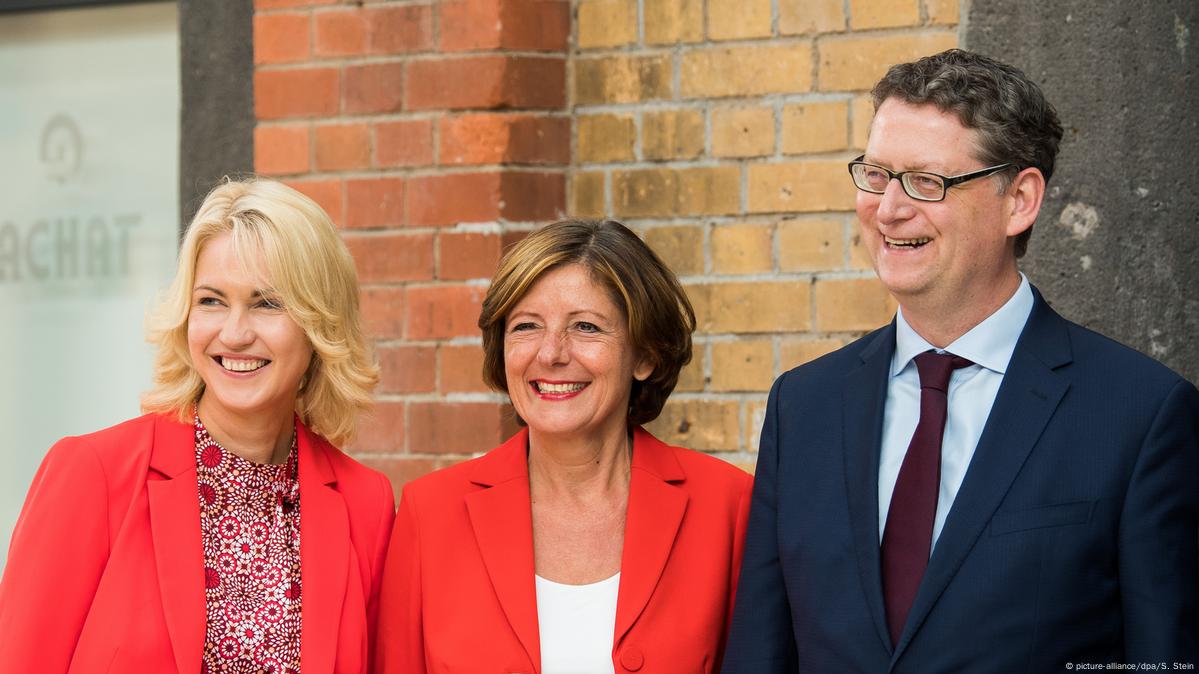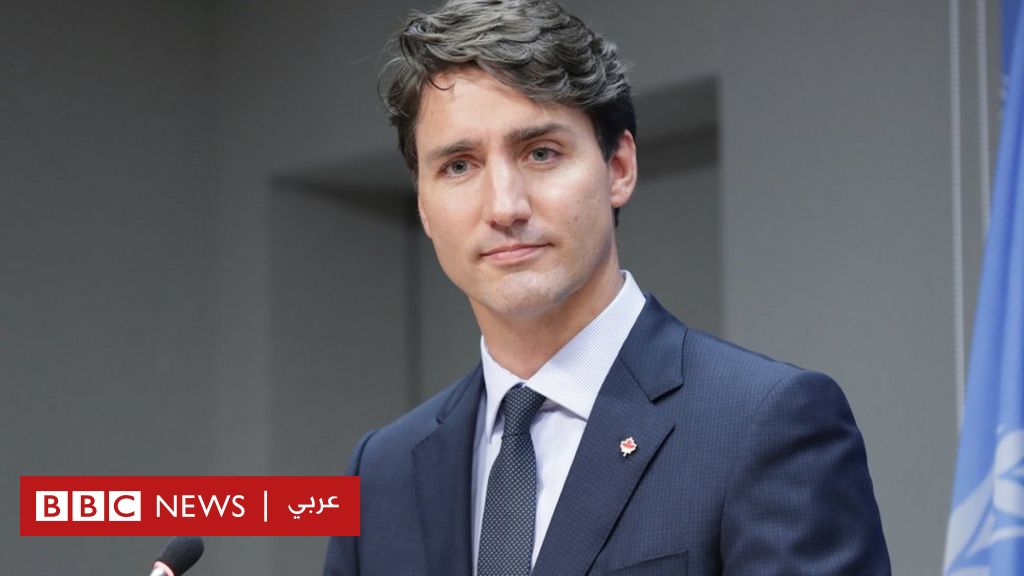New Parliamentary Leader Selected By German Social Democrats

Table of Contents
The Election Process and Key Contenders
The election of the SPD parliamentary leader is a multifaceted process involving internal party votes and deliberations. Several prominent figures vied for the position, each bringing unique experience and political perspectives to the table. The contenders articulated diverse visions for the party's future, sparking lively debate within the SPD ranks.
-
Brief Biographies of Main Contenders: While the exact contenders may vary depending on the time of writing, potential candidates might include individuals with strong ties to different factions within the party, representing a spectrum of viewpoints on economic and social policy. For example, one candidate might have a background in trade unionism, emphasizing workers' rights, while another might possess a more technocratic approach, focusing on economic growth and fiscal responsibility.
-
Summary of Key Policy Positions: The candidates would likely have presented distinct policy platforms focusing on issues crucial to German voters. These could include approaches to climate change, healthcare reform, and foreign policy stances on the European Union and relations with Russia. The level of social welfare spending and tax reform proposals would also differentiate their platforms.
-
Internal Party Factions: The SPD, like many established parties, is comprised of various internal factions, each holding differing opinions on policy and strategy. Understanding which factions supported each candidate offers insight into the internal dynamics shaping the party's future direction. For instance, a candidate backed by the more left-leaning factions may prioritize social justice initiatives, while a candidate favored by centrists might emphasize fiscal prudence and market-oriented reforms.
The Newly Elected Leader's Platform and Priorities
Lars Klingbeil's platform likely emphasizes a blend of social justice and economic pragmatism. He'll need to balance the demands of different factions within the SPD while appealing to a broader electorate. His policy proposals will be crucial in determining the party's direction.
-
Specific Policy Proposals: Expect concrete proposals regarding Germany's economic recovery post-pandemic, including measures to support businesses and address unemployment. He’ll likely outline strategies for addressing climate change, possibly involving investment in renewable energy and stricter environmental regulations. Social welfare policies, including affordable housing and healthcare access, will also form a key part of his platform.
-
Potential Challenges in Implementation: The new leader faces significant challenges, including potential opposition from other political parties in the Bundestag and the need to maintain internal party unity. Reconciling differing opinions within the SPD on issues like fiscal policy and immigration will be crucial for effective governance. Public opinion and maintaining strong approval ratings will also be critical.
-
Stance on Major Political Issues: Klingbeil’s position on major European issues, Germany's role in NATO, and the country's relationship with its neighbors will be closely watched, both domestically and internationally. His approach to managing the refugee crisis and addressing social inequalities will also significantly impact public perception.
Impact on the German Political Landscape
The selection of Klingbeil as the new SPD parliamentary leader has significant ramifications for the German political landscape. His leadership will influence the SPD's ability to navigate coalition talks and shape policy discussions within the Bundestag.
-
Potential Shifts in SPD Positioning: The new leader’s policies could shift the SPD's positioning on the political spectrum, potentially attracting new voters or alienating certain segments of its traditional base. This could lead to strategic realignments within the German party system.
-
Consequences for Upcoming Elections (Bundestagswahl): The impact of this leadership change on the SPD's electoral prospects remains to be seen. The party's performance in future elections will hinge on Klingbeil's ability to articulate a compelling vision and address voters’ concerns. He will need to campaign effectively and present a united front to win public support.
-
Analysis of Reaction from Other Political Parties: Other parties, such as the CDU/CSU, Greens, and FDP, will likely react to Klingbeil’s appointment and policy proposals, potentially adjusting their own strategies and alliances accordingly. The resulting dynamics will shape the future political landscape of Germany.
Challenges and Opportunities Facing the New Leader
The new SPD parliamentary leader faces a multitude of challenges, both internally and externally. However, this new role also presents significant opportunities to strengthen the party and advance its political agenda.
-
Internal Challenges within the SPD: Maintaining internal party cohesion and addressing disagreements within the various factions will be a critical challenge. He will need to foster collaboration and build consensus on key policy decisions.
-
External Political Challenges: The political climate in Germany is constantly evolving. Klingbeil will need to contend with the challenges of navigating a multi-party system, responding to economic uncertainty, and addressing social issues. Maintaining a strong image against opposition parties is critical.
-
Opportunities for the SPD to Gain Public Support: Despite the challenges, this leadership change offers an opportunity for the SPD to revitalize its image and regain public trust. Klingbeil can leverage this opportunity to articulate a clear vision that resonates with voters and addresses their concerns. Effective communication and a well-defined strategy will be vital to success.
Conclusion
The selection of Lars Klingbeil as the new German Social Democrats parliamentary leader marks a pivotal moment for the SPD and German politics. His policy agenda, focused on a balanced approach to social justice and economic pragmatism, will significantly impact Germany's future. The success of his leadership will depend on his ability to navigate complex internal dynamics, address external challenges, and win back public trust.
Stay updated on the latest developments concerning the new German Social Democrats parliamentary leader and their impact on German politics. Follow us for ongoing coverage of the SPD and German political developments.

Featured Posts
-
 Cassidy Hutchinson Memoir A January 6th Insiders Account
Apr 30, 2025
Cassidy Hutchinson Memoir A January 6th Insiders Account
Apr 30, 2025 -
 Hugh Jackmans Easter Movie Back In The Spotlight Netflix Top 10 Success
Apr 30, 2025
Hugh Jackmans Easter Movie Back In The Spotlight Netflix Top 10 Success
Apr 30, 2025 -
 Hl Stnhar Knda Bdwn Dem Alwlayat Almthdt Thlyl Tsryhat Tramb
Apr 30, 2025
Hl Stnhar Knda Bdwn Dem Alwlayat Almthdt Thlyl Tsryhat Tramb
Apr 30, 2025 -
 Unlocking Potential How Middle Management Contributes To A Thriving Company Culture
Apr 30, 2025
Unlocking Potential How Middle Management Contributes To A Thriving Company Culture
Apr 30, 2025 -
 Mexican Activist And Husband Found Dead Six Months After Disappearance
Apr 30, 2025
Mexican Activist And Husband Found Dead Six Months After Disappearance
Apr 30, 2025
